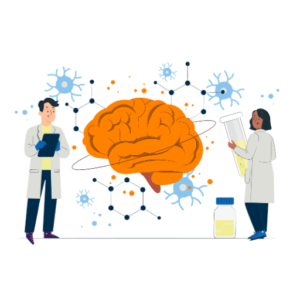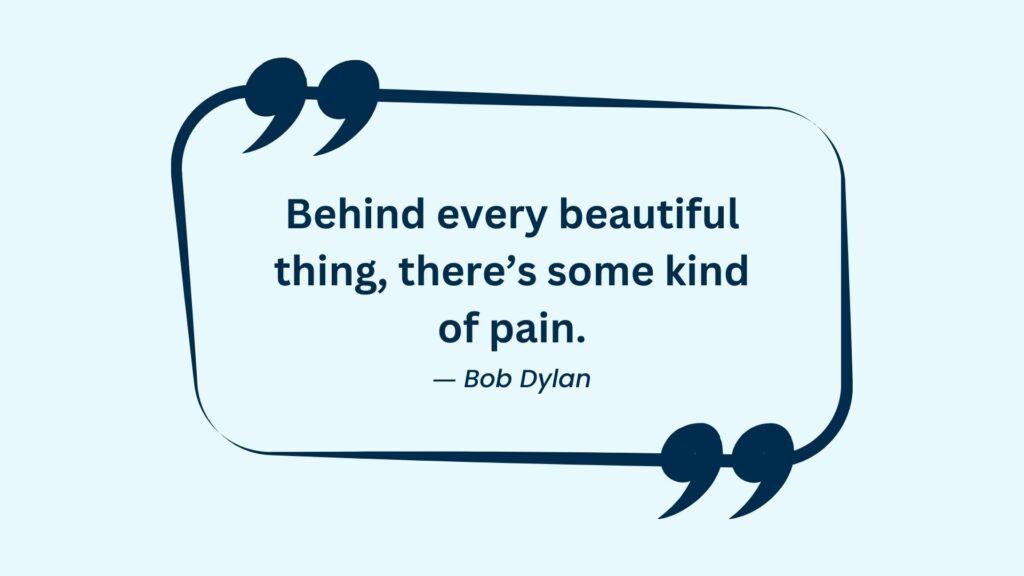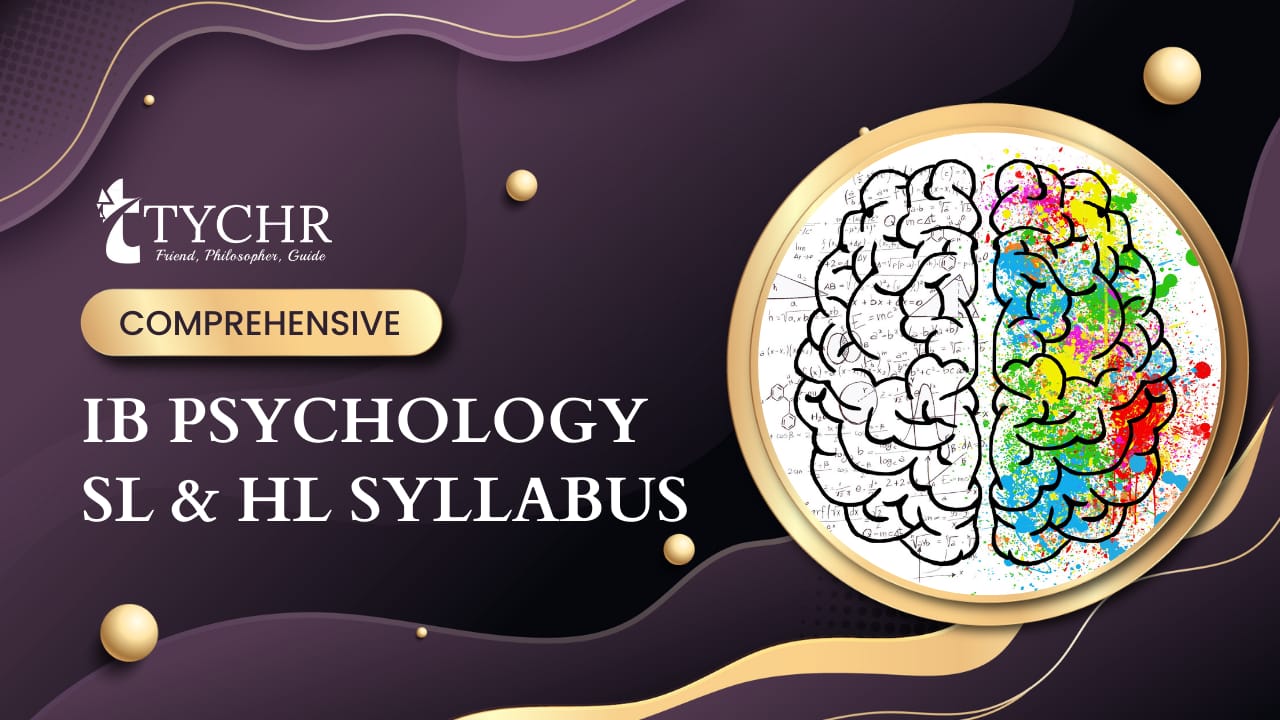Table of Contents
- 1 Overview:
- 2 Core
- 3 A. Biological Approach to Understanding Behaviour
- 4 B. Cognitive Approach to Understanding Behaviour
- 5 C. Sociocultural Approach to Understanding Behaviour
- 6 D. Approaches to Researching Behaviour
- 7 Options
- 8 A. Abnormal Psychology
- 9 B. Developmental Psychology
- 10 C. Health Psychology
- 11 D. Psychology of Human Relationships (IB Board Syllabus):
Overview:
The IB Psychology syllabus is structured to provide students with a comprehensive understanding of various approaches to understanding behavior and essential research methods in psychology, in line with the IB Board syllabus.
|
Syllabus Component |
Teaching hours |
|
|
SL |
HL |
|
|
Core Biological approach to understanding behaviour Cognitive approach to understanding behaviour Sociocultural approach to understanding behaviour Approaches to researching behaviour |
90 20 |
120 60 |
|
Options Abnormal psychology Developmental psychology Health psychology Psychology of human relationships |
20 |
40 |
|
Internal assessment Experimental study |
20 |
20 |
|
Total teaching hours |
150 |
240 |
Core
A. Biological Approach to Understanding Behaviour

In the core section of the IB Psychology Paper 1 syllabus, students explore the biological factors that influence behavior. Topics include neurobiology, genetics, and the physiological basis of psychological phenomena.
|
1. The Brain and Behaviour |
Techniques used to study the brain in relation to behaviour |
|
|
Localization |
|
|
|
Neuroplasticity |
|
|
|
Neurotransmitters and their effect on behaviour |
|
|
|
2. Hormones and Pheromones and Behaviour |
Hormones and behaviour |
|
|
Pheromones and behaviour |
|
|
|
3. Genetics and Behaviour |
Genes and behaviour |
|
|
Genetic similarities |
|
|
|
Evolutionary explanations for behaviour |
|
|
|
4. The role of animal research in understanding human behaviour (HL only) |
➔ The role of animal research in understanding behaviour ➔ The value of animal models in psychology research ➔ Ethical considerations in animal research |
|
B. Cognitive Approach to Understanding Behaviour

This core component of the IB Psych Paper 1 curriculum delves into the cognitive processes underlying human behavior, including memory, thinking, and problem-solving.
|
1. Cognitive Processing |
Models of memory |
Sensory memory, short-term memory (STM), long-term memory (LTM) Duration, capacity and transfer conditions
The dual task technique, the central executive, the visuospatial sketchpad and the phonological loop |
|
Schema theory |
|
|
|
Thinking and decision-making |
the theory of reasoned action theory of planned behaviour
the adaptive decision maker framework
|
|
|
2. Reliability of Cognitive Processes |
Reconstructive Memory |
Schema influences what is encoded and what is retrieved Memories can be distorted
|
|
Biases in thinking and decision making |
|
|
|
3. Emotion and Cognition |
The influence of emotion on cognitive processes |
|
|
4. Cognitive Processing in the Real World (HL only) |
❖ The influence of digital technology on cognitive processes ❖ The positive and negative effects of modern technology on cognitive processes ❖ Methods used to study the interaction between DTs and Cognitive processes |
|
C. Sociocultural Approach to Understanding Behaviour

The sociocultural approach, as outlined in the IB Board syllabus, investigates the impact of cultural and social factors on behavior, including cultural norms, societal influences, and group dynamics.
|
1. The Individual and The Group |
Social identity theory |
|
|
Social cognitive theory |
|
|
|
Stereotypes |
|
|
|
2. Cultural Origins of Behaviour and Cognition |
Culture and its influence on behaviour and cognition |
|
|
Cultural dimensions |
Individualism/collectivism Uncertainty avoidance Power/distance Masculinity/femininity Long term/short term Time orientation Indulgence/restraint |
|
|
3. Cultural Influences on Individual Attitudes, Identity and Behaviours |
Enculturation |
|
|
Acculturation |
|
|
|
4. The Influence of Globalization on Individual Attitudes, Identities and Behaviour (HL Only) |
❖ How globalization may influence behaviour ❖ The effect of the interaction of local and global influences on behaviour ❖ Methods used to study the influence of globalization on behaviour. |
|
D. Approaches to Researching Behaviour

This section equips students with the research methods and ethical considerations needed to study behavior scientifically. It covers experimental design, data collection, and analysis.
|
1. Research methodology |
Quantitative and qualitative methods |
|
|
|
Types of quantitative research: experimental, correlational, descriptive |
|
|
|
Types of qualitative research |
|
|
|
Qualitative versus quantitative comparison |
|
|
|
Sampling, credibility, generalizability and bias in research |
|
|
2. Quantitative Research: The Experiment |
Confounding variables |
|
|
|
Types of experiment |
|
|
|
Sampling in the experiment |
|
|
|
Experimental designs |
matching variable
|
|
|
Credibility and generalizability in the experiment: types of validity |
|
|
3.Quantitative Research: Correlational Studies |
What is a correlation? |
|
|
|
Limitations of correlational studies |
|
|
4. Qualitative Research
|
Credibility in qualitative research |
researcher, theory o
epistemological
|
|
|
Sampling in qualitative research |
|
|
5. Qualitative Research Methods |
Observational techniques |
|
|
|
Interview |
|
|
|
Case study |
|
|
6. Data Analysis |
Forms of data analysis |
|
|
|
Measures of central tendency |
|
|
|
Presentation of quantitative data |
|
|
|
Statistical Testing |
|
|
7. Ethics in Psychological Research
|
Ethical considerations in conducting the study |
|
|
|
Ethical considerations in reporting the results |
|
Options

A. Abnormal Psychology

One of the optional components in the IB Psychology Paper 1 syllabus, students explore psychological disorders, their diagnosis, treatment, and societal perceptions.
| 1. Factors Influencing Diagnosis |
Approaches to defining abnormality: ->Abnormality as a deviation from social norms ->Abnormality as inadequate functioning ->Abnormality as a deviation from ideal mental health ->The medical model of abnormality
The history of DSM: ->DSM-I, DSM-II, DSM-III, DSM-IV, DSM-5 ->Other classification systems: ->ICD-10, CCMD-3
|
| 2. Etiology of Abnormal Psychology |
|
| 3. Treatment of Disorders |
Biological treatment Psychological treatment The role of culture in treatment assessing the effectiveness of treatment(s) |
B. Developmental Psychology

In the developmental psychology option, students examine human growth and development across the lifespan, including cognitive, emotional, and social changes.
|
1. Influences on Cognitive and Social Development |
Role of peers and play Childhood trauma and resilience Poverty/socio-economic status |
|
2. Developing an Identity |
Attachment Gender identity and social roles Development of empathy and theory of mind |
|
3. Developing As A Learner |
Cognitive development Brain development |
C. Health Psychology

This option focuses on the psychological factors that influence health, illness, and well-being, aligning with the IB Board syllabus guidelines.
|
1. Determinants of Health |
Biopsychosocial model of health and well-being Biopsychosocial model takes into account biological, psychological, and social causes and treatments for illness Dispositional factors and health beliefs Dispositional factors are internal factors that affect health and are characteristics of an individual Risk and protective factors A risk factor is any attribute, characteristic or exposure of an individual that increases the likelihood of developing a condition, disease or injury Protective factors include regular exercise, a healthy diet and access to clean water |
|
2. Health Problems |
Explanations of health problem(s) Prevalence rates of health problem(s) |
|
3. Promoting Health |
Health promotion Approaches to health promotion ->Population health approach ->Individual health approach How to make health promotions effective ->Education and cognitive dissonance ->Fear appeals work best with strong self efficacy messages ->Legislation, subsidies, and taxation Effectiveness of health promotion programme(s) |
D. Psychology of Human Relationships (IB Board Syllabus):

The psychology of human relationships option explores interpersonal relationships, attachment, and the impact of relationships on mental and emotional health.
|
1. Personal Relationships |
Formation of personal relationships |
Factors that play an important role: Evolutionary explanation for partner preference The relationship between sexual selection and human reproductive behaviour Attractiveness Hormones Major Histocompatibility Complex The Social Exchange Theory The Equity Theory Rusbult’s investment model of commitment |
|
Role of communication |
Factors that affect the quality of communication within a relationship include:- Attribution theory Self-disclosure |
|
|
Explanations for why relationships change or end |
Duck’s phase model of relationship breakdown Rollie and Duck’s five-stage model of relationship breakdown Knapp and Vangelisti’s stages of relational development |
|
|
2. Group Dynamics |
Cooperation and competition |
Cooperation and competition are separate and opposite social situations, where individuals either unite and work together, or oppose and work against each other towards a goal. The theory of cooperation and competition Deutsch (1949b) Evolution and cooperation Game theory |
|
Prejudice and discrimination |
Prejudice is predetermined notion that is not founded on logic or actual experience Discrimination is the unfair or prejudiced treatment of various groups of individuals, particularly on the basis of colour, age, gender, or handicap |
|
|
Origins of conflict and conflict resolution |
A conflict is a dispute that arises owing to two incompatible viewpoints Kriesberg’s three basic types of behaviour arise from conflicts Social identity theory Realistic conflict theory Methods of conflict resolution Interactive conflict resolution: Kelman (2008) |
|
|
3. Social Responsibility |
By-standerism |
Bystanders are people who witness events, but do not intervene or offer assistance Factors affecting Bystanderism Reasons for bystanderism The Arousal : Cost- Reward Model |
|
Prosocial behaviour |
Prosocial behaviour is characterised as voluntary behaviour intended to help others Hamilton’s kin selection theory Reciprocal altruism model Batson’s empathy altruism theory |
|
|
Promoting prosocial behaviour |
Factors associated with development of prosocial behaviour How these factors can be influenced |







